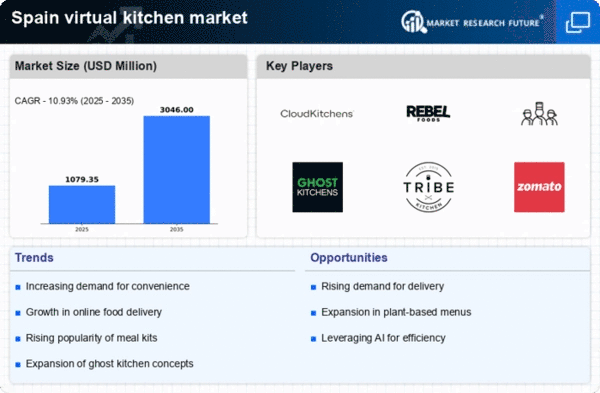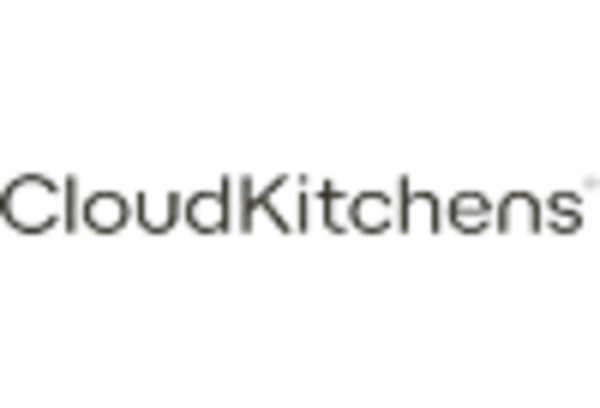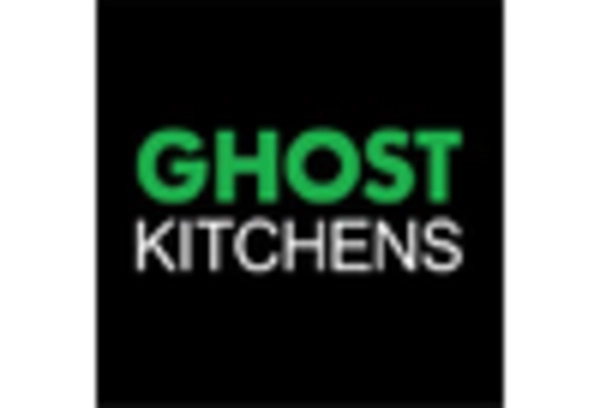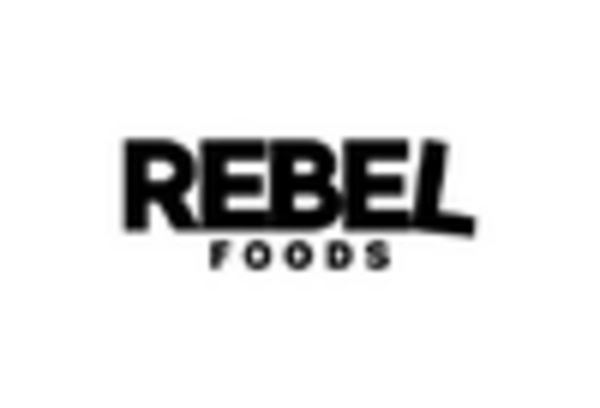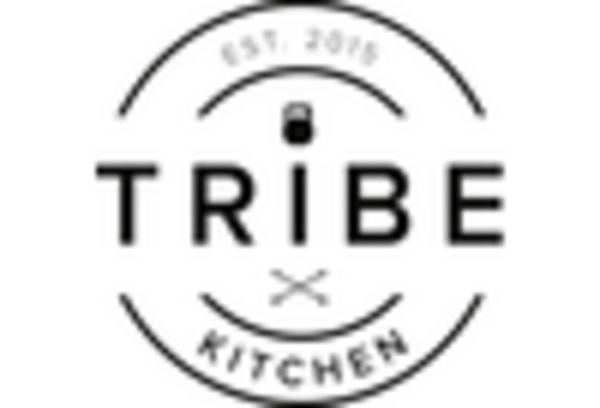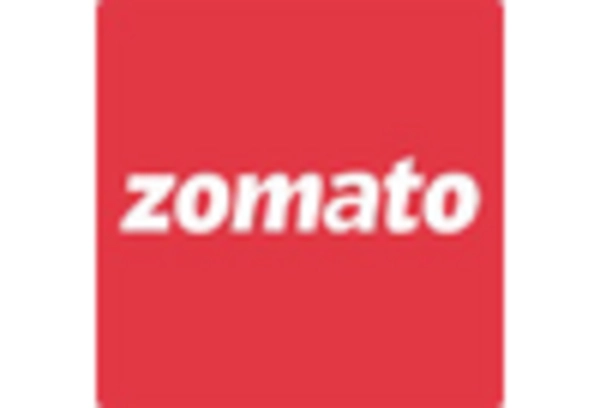Changing Consumer Preferences
In Spain, evolving consumer preferences are significantly influencing the virtual kitchen market. There is a noticeable shift towards convenience, with many consumers opting for ready-to-eat meals and delivery services. This trend is reflected in a 30% increase in online food orders over the past year. Additionally, younger demographics are increasingly favoring brands that offer diverse and innovative menu options. As a result, virtual kitchens that adapt to these changing tastes and preferences are likely to thrive. The market's ability to cater to specific dietary needs, such as vegan or gluten-free options, further enhances its appeal, suggesting a robust growth trajectory for the industry.
Urbanization and Population Density
Urbanization in Spain is a critical driver for the virtual kitchen market. As more people migrate to urban areas, the demand for convenient food solutions rises. High population density in cities like Madrid and Barcelona creates a fertile ground for virtual kitchens, which can efficiently serve a large customer base. Data indicates that urban areas account for over 70% of food delivery orders, highlighting the potential for growth in this segment. The virtual kitchen market is well-positioned to capitalize on this trend, as it offers quick and accessible meal options that align with the fast-paced lifestyles of urban dwellers. This demographic shift is likely to sustain the industry's expansion.
Economic Factors and Consumer Spending
Economic conditions in Spain are playing a pivotal role in shaping the virtual kitchen market. As disposable incomes rise, consumers are more willing to spend on food delivery services and meal kits. Recent statistics show that consumer spending on food services has increased by 15% in the last year, indicating a growing acceptance of virtual kitchens as a dining option. Additionally, the cost-effectiveness of operating a virtual kitchen compared to traditional restaurants allows for competitive pricing, attracting budget-conscious consumers. This economic landscape suggests that the virtual kitchen market will continue to flourish as it aligns with consumer spending habits and preferences.
Technological Advancements in Food Preparation
The virtual kitchen market in Spain is experiencing a surge due to rapid technological advancements in food preparation. Innovations such as automated cooking appliances and smart kitchen devices are enhancing operational efficiency. These technologies allow virtual kitchens to streamline their processes, reduce labor costs, and improve food quality. According to recent data, the integration of technology in food services has led to a 20% increase in productivity within the sector. As consumers increasingly demand convenience and quality, virtual kitchens that leverage these advancements are likely to capture a larger market share. The ability to utilize data analytics for inventory management and customer preferences further positions these kitchens favorably in a competitive landscape.
Regulatory Environment and Food Safety Standards
The regulatory environment in Spain is a significant factor influencing the virtual kitchen market. Stringent food safety standards and regulations necessitate that virtual kitchens adhere to high-quality practices. Compliance with these regulations not only ensures consumer safety but also builds trust in the brand. The market is witnessing an increase in certifications and quality assurance measures, which can enhance the reputation of virtual kitchens. As consumers become more aware of food safety issues, those kitchens that prioritize compliance and transparency are likely to gain a competitive edge. This focus on regulatory adherence may drive growth in the virtual kitchen market, as it aligns with consumer expectations for safe and reliable food options.


